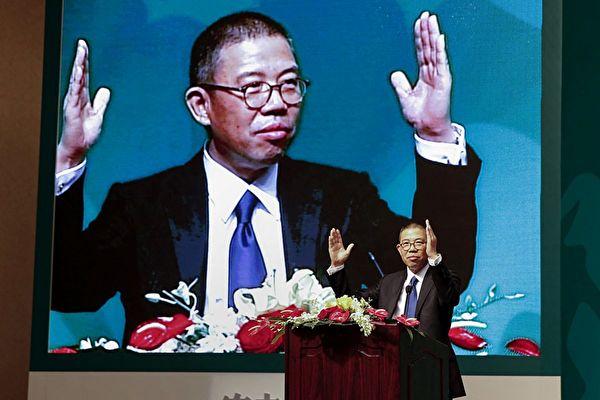News Analysis
China’s wealthiest citizen, Zhong Shanshan, is the founder and chairman of Nongfu Spring, a bottled water company headquartered in Hangzhou, Zhejiang Province. Mr. Zhong recently found himself at the center of a controversy ignited by online nationalists, known as Little Pinks, who accused him of favoring Japan while disrespecting China. This uproar, eclipsing even the attention given to the Chinese Communist Party’s (CCP) Two Sessions, has drawn concerns about the CCP’s involvement in orchestrating distractions to quell dissent and exert control over private enterprises.




